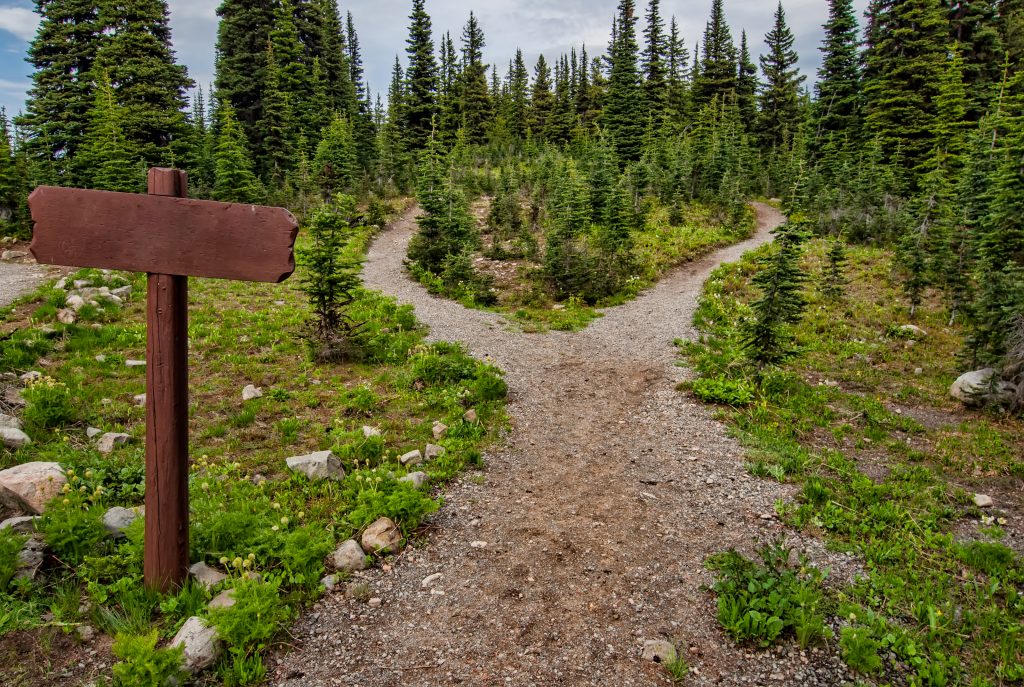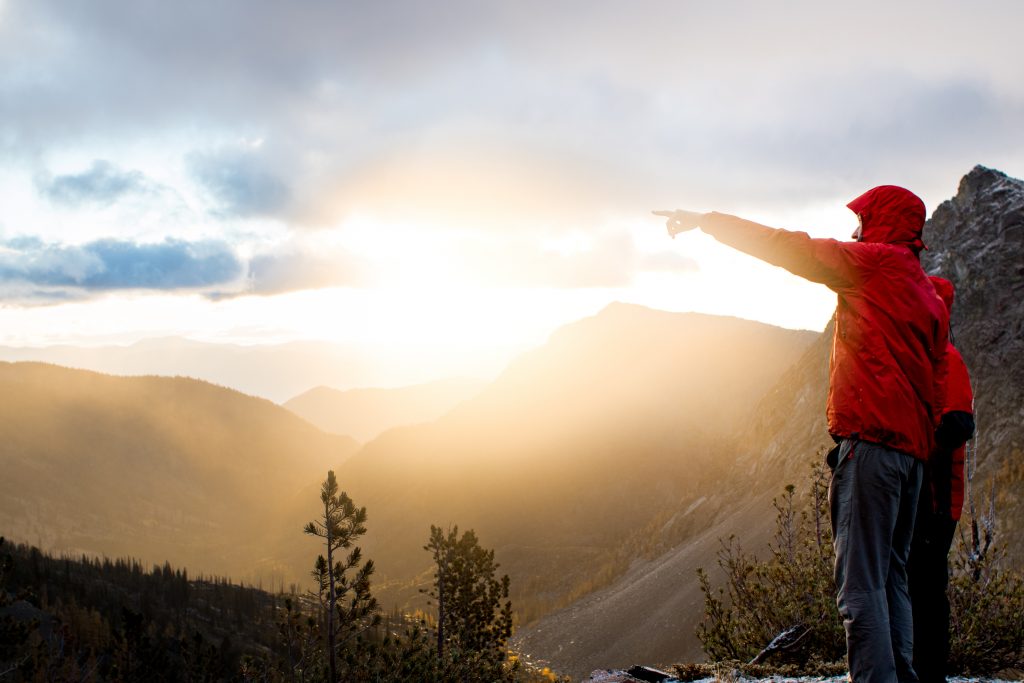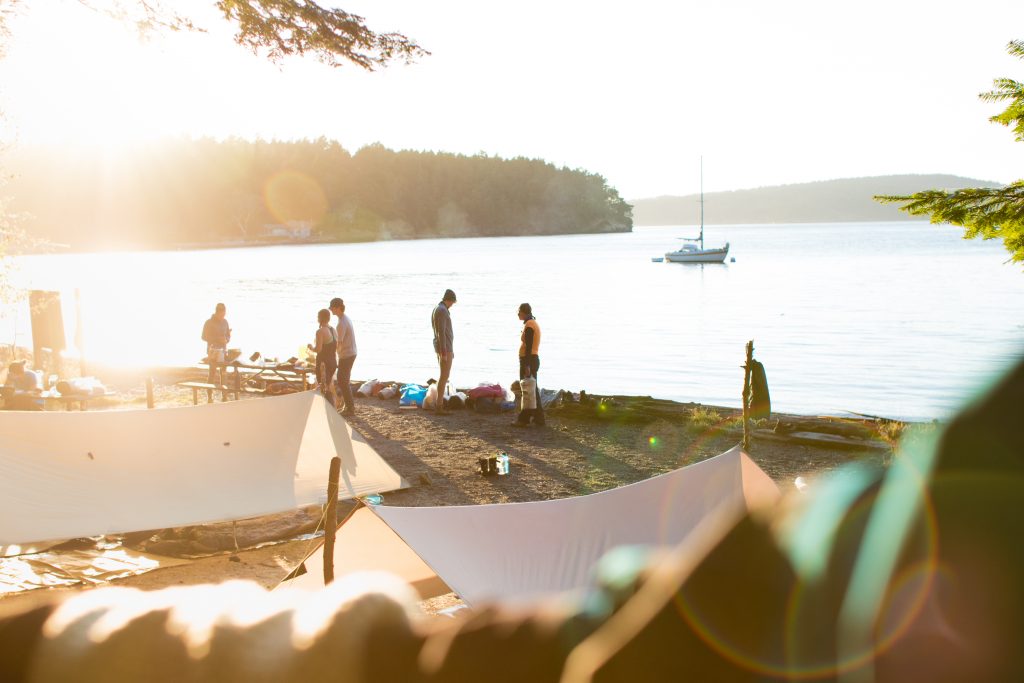My high school experience was mundane and ordinary. I enjoyed my time in school, participated in sports and extracurricular activities, but I wasn’t excelling. My time in the classroom felt mandatory and uninspiring. I was going through the motions to appease my parents. I wasn’t driven to pursue anything meaningful. I felt adrift in the vastness of my future.

At home, there was an expectation for me to attend secondary schooling after high school. I felt that pressure to go to college immediately, but the prospect of moving from one academic institution straight to another was dreadful. I could barely pull myself out of bed and get to school by the first bell. I had no idea how I was going to endure another four years of that feeling. Even by my senior year of high school, the idea of university felt very distant, expensive and confusing. I didn’t know what my future held until I heard about the idea of a gap year.
Back then—in 2013—the idea of taking a break from school was a newer concept and less accepted than it is today. My family was skeptical that anything good could come from it. I pushed to explore the idea further. We discussed at length what that year would hold. I ended up getting a job as a farmhand at my local CSA. And while working one day in the summer, my co-worker mentioned her experience with an experiential education sea kayaking program. She raved about the beautiful scenery, life-long friendships, and personal growth that occurred. This sparked my interest in leaving my small hometown to seek new and wild spaces. Within a few weeks, I was signed up for 65 days outside.

Photo taken on a Northwest Outdoor Educator expedition by Charis Nichols.
This experiential education experience transformed my entire life. My experience focused on sea kayaking and mountaineering near Vancouver Island and the Northern Cascades, respectively. During the trip we learned many outdoor skills such as pitching a tarp, cooking a stove and reading a topographic map. These skills were fun and important to learn but they didn’t apply much to my life beyond camping trips. What I learned about leadership, emotional intelligence and myself are what continue to impact my life to this very day. Those skills are what made me motivated to attend college later on and have an impactful experience.
During my course, we had plenty of opportunities to practice our leadership abilities. In the wilderness, the educators don’t stand in the front of the classroom and lecture. They teach by example and give ample time for students to experience hands-on learning. A staple of that type of education, which is a staple on Outward Bound courses, is the rotating job chart. Each day you have a different role to fulfill. That could be getting water for the group, cooking each meal, cleaning up the meal, or navigating everyone on the trail. You’re given personal responsibility of which other people are dependent. That experience quickly transferred to my being more self-reliant when I went to college. It felt easier to ask for and give help to friends, professors, coaches and supervisors. I was confident in my abilities to learn and adapt.
Another amazing impactful skill that I began to hone during my experiential education course was the ability to understand and manage my own emotions in positive ways. Knowing how to do this helps relieve stress and allows you to have effective communication with others. While you’re in the middle of the mountain with 10 strangers you can’t easily run away from your own problems or conflict with others. There’s no Netflix, no video games, no distractions from your feelings. When you’re face-to-face with heated emotions, you learn to manage them. On an Outward Bound course, you’re given the tools for increased emotional intelligence through both concrete lessons and informal experience with your crew.

Students set up camp on the Northwest Outdoor Educator expedition. Courtesy of Charis Nichols.
This knowledge directly transferred to my university experience after my gap year. When I arrived at school and met my roommate, I immediately scheduled a time for us to discuss expectations for our room. I knew that preventative conversation would minimize conflict in our living situation. Even later when things weren’t going according to our contract, I felt competent having hard conversations while remaining empathetic. I wouldn’t have been able to stay level-headed had I not spent months practicing those skills with other students on my gap year experience.
My entire life was transformed through experiential outdoor education during my gap year. I wouldn’t be the person I am today without it. Before my gap year, I was unsure of my direction in life, unable to have a productive conflict with other people and didn’t have a ton of self-worth or self-confidence. During my gap year, I worked hard physically, emotionally and mentally. That work paved the road for how I could live my life at college and beyond.
My high school experience might echo your own (or your child’s) incredibly closely. Or it may sound quite a bit different. Despite a person’s background and past experiences, there’s a place for everyone in the outdoors. I’ve witnessed first-hand how impactful experiential education is on a young person.
If you’re on your way to college, taking a semester off, or are somewhere else on your journey, I implore you to take the time to see if an Outward Bound course is right for you.
About the Author
Hadley Reine is an Instructor with Outward Bound California in the High Sierra. In her off time, she enjoys skiing, gardening, and finding secret swimming holes. She’s currently living in Bend, OR.
OTHER POSTS YOU MAY LIKE
Read More
Read More
Read More




